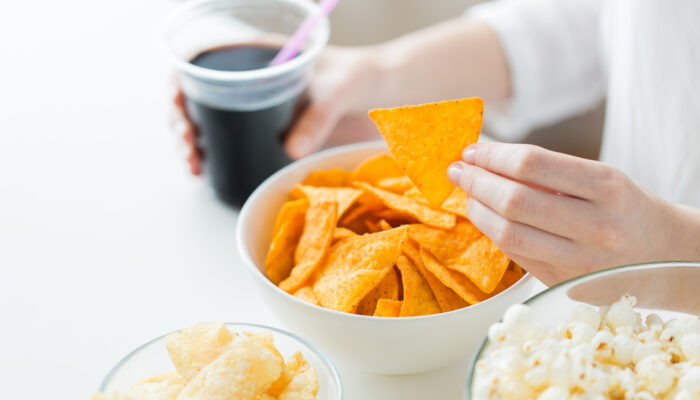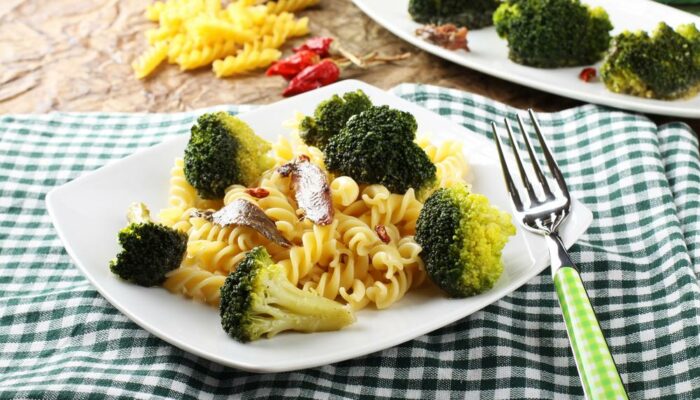
Preventing Heartburn Through a Proper Diet
When someone says they are experiencing heartburn, it means exactly that. A burning sensation in the region of the heart that causes severe distress. Heartburn usually occurs after eating when the stomach acid backs up into the esophagus, which is the food tube that connects the mouth and the stomach. This is due to the improper functioning of the sphincter valve at the lower end of the pipe.
This valve, which normally stays closed and only opens while eating, drinking, or belching, acts as a natural barrier for stomach acid. But if it doesn’t close properly, the stomach acid may then go back up and affect the wall lining of the esophagus, causing heartburn:
1. Heartburn and diet
The symptoms of heartburn often occur as a consequence of eating. This is because food that enters the food tube and stomach has a direct bearing on the conditions that cause heartburn. Therefore, knowing what to eat will help in controlling the symptoms of heartburn. A proper diet to manage the symptoms would be one that first, reduces the reflux of stomach acid into the food pipe and second, that avoids irritating the esophageal mucosa or interfering with the esophageal sphincter.
2. Foods that improve heartburn symptoms
According to research, some foods help prevent heartburn. They either aid digestion or are easily digestible. This means that the chances of acid reflux to the food pipe are minimal. Apart from the advantage of stopping heartburn, these food items are also healthy for the body as a whole and could help in checking the calorie intake. These include:
- Food rich in fiber
- Food high in protein and low in cholesterol such as lean poultry, salmon, trout, almonds, and most green leafy vegetables
- Fruits high in minerals
3. Foods that aggravate heartburn
Some food items increase the reflux simply because they trigger an increased production of stomach acid. It is best to avoid them. If unavoidable, they must be taken in smaller portions. These include:
- Food and juices that are acidic in content
- Alcohol
- Caffeinated drinks
- Spice
- Onion
4. Foods that relax the sphincter
Food that has a direct bearing on the function of the sphincter include those that have high-fat content. They may relax the sphincter by stimulating a hormone called cholecystokinin. High-fat foods also take a longer time for digestion, which means food stays for more time in the stomach that increases the chance of heartburn. High fat also means high calories, which can increase body weight. This eventually puts additional pressure on the stomach. Some examples of high-fat food include:
- Fried food
- High-fat milk/meat products
- Oily food/sweets
5. Irritating foods
Another food group that must be avoided are those that can directly irritate the lining of the esophagus. These food items may also increase stomach acid secretion. These include:
- Spices
- Chili
While the impact of food may differ from person to person, it is important to note that research has indicated clearly that diet plays a pivotal role in the management of heartburn. It is for individuals to choose their diet according to their own experience.



